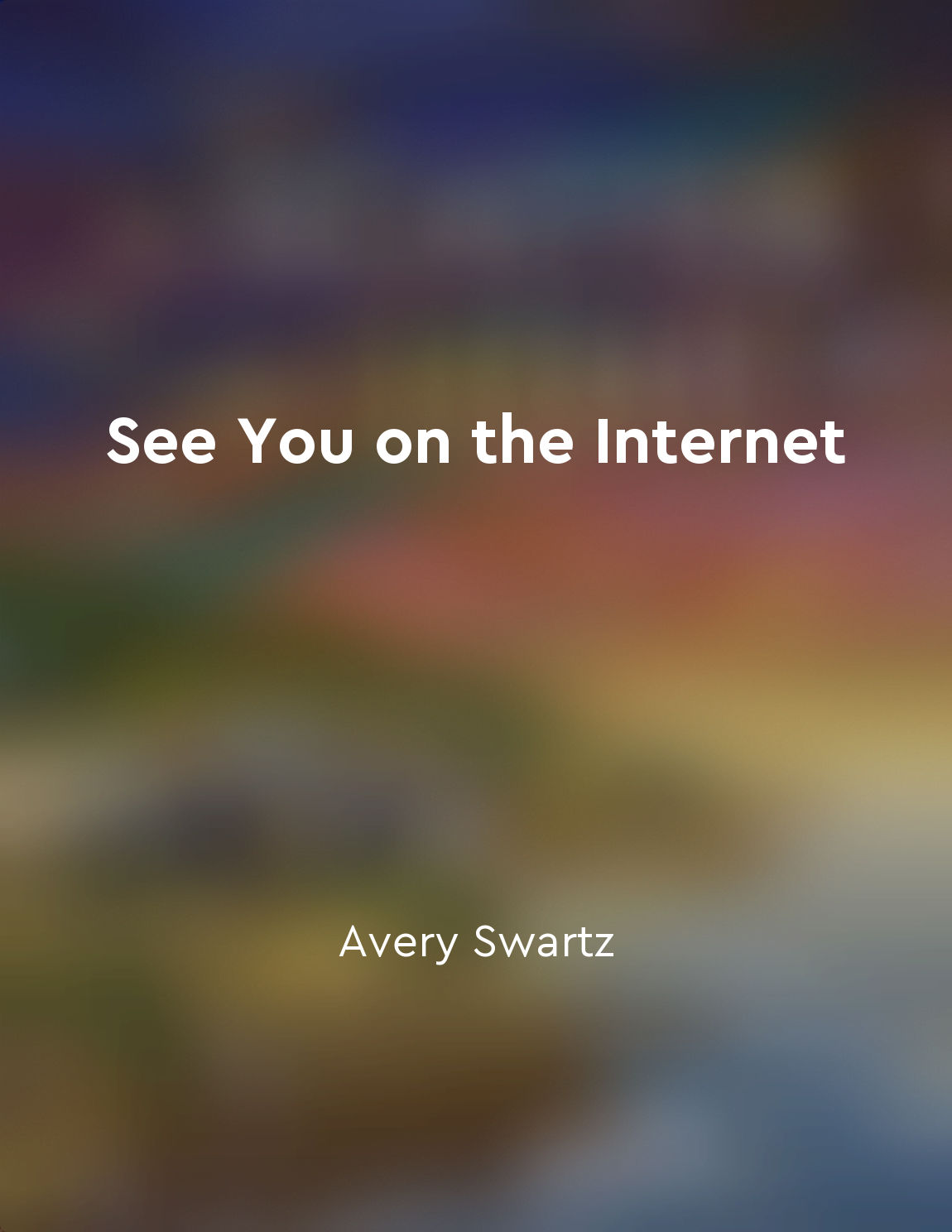Online data reflects society's true thoughts from "summary" of Everybody Lies by Seth Stephens-Davidowitz
The internet has become a treasure trove of information about human behavior. People leave behind digital footprints wherever they go online, providing valuable insights into their true thoughts and desires. This data is unfiltered and raw, offering a glimpse into the inner workings of society that traditional surveys and polls may fail to capture. When individuals search for information on Google or post on social media, they often reveal their deepest fears, insecurities, and prejudices. These digital breadcrumbs paint a more accurate picture of what people are truly thinking, as they are not bound by social norms or expectations. This honesty in online behavior allows researchers to uncover hidden truths about human nature that may be uncomfortable or politically incorrect. By analyzing online data, researchers can gain valuable insights into a wide range of topics, from health concerns to political beliefs. For example, Google searches for symptoms can provide a more accurate reflection of public health trends than traditional surveys. Similarly, analyzing social media posts can reveal the true sentiments of a population towards a particular political candidate or social issue. The concept of online data reflecting society's true thoughts challenges traditional methods of data collection and analysis. It suggests that the internet has become a powerful tool for understanding human behavior on a large scale. By tapping into this vast source of information, researchers can uncover hidden truths about society that may have been previously overlooked. In a world where people are increasingly turning to the internet for information and social interaction, online data has become a valuable resource for understanding human behavior. By recognizing the power of digital footprints, researchers can harness the potential of online data to gain deeper insights into society's true thoughts and desires.Similar Posts

By valuing and compensating individual contributions to the digital economy, we can build a more equitable and sustainable future
In the digital economy, every individual's contributions are valuable and should be compensated accordingly. When we recognize ...

Children learn language through exposure to their native language spoken by others
One of the most fundamental principles of language acquisition is that children learn language through exposure to their native...

Governments use communication networks to control and manipulate information
Governments have long recognized the power of communication networks in shaping public opinion and controlling the flow of info...
Surveillance is impacting our lives
Surveillance has become an omnipresent force in our lives, shaping our behavior and influencing our decisions in ways we may no...
Technological advances can impact education and learning
In Technopoly, Postman discusses how technological advances have significantly impacted education and learning. He argues that ...

Build a strong online community
Building a strong online community is a crucial aspect of social media success. It involves creating a space where your audienc...

The power dynamics of surveillance are complex
Surveillance is not a one-sided exercise in control and domination. It is a dance, a complex interplay between the watchers and...
Ongoing evolution in computing
The world of computing is constantly evolving, with new technologies and innovations emerging at a rapid pace. This ongoing evo...
Innovation is the key to staying ahead
Innovation is the beating heart of progress. It is the driving force that propels societies forward and separates the leaders f...
Tocqueville reflects on the equality of conditions in America
Tocqueville's observations on the equality of conditions in America shed light on the unique social landscape of the country. H...
